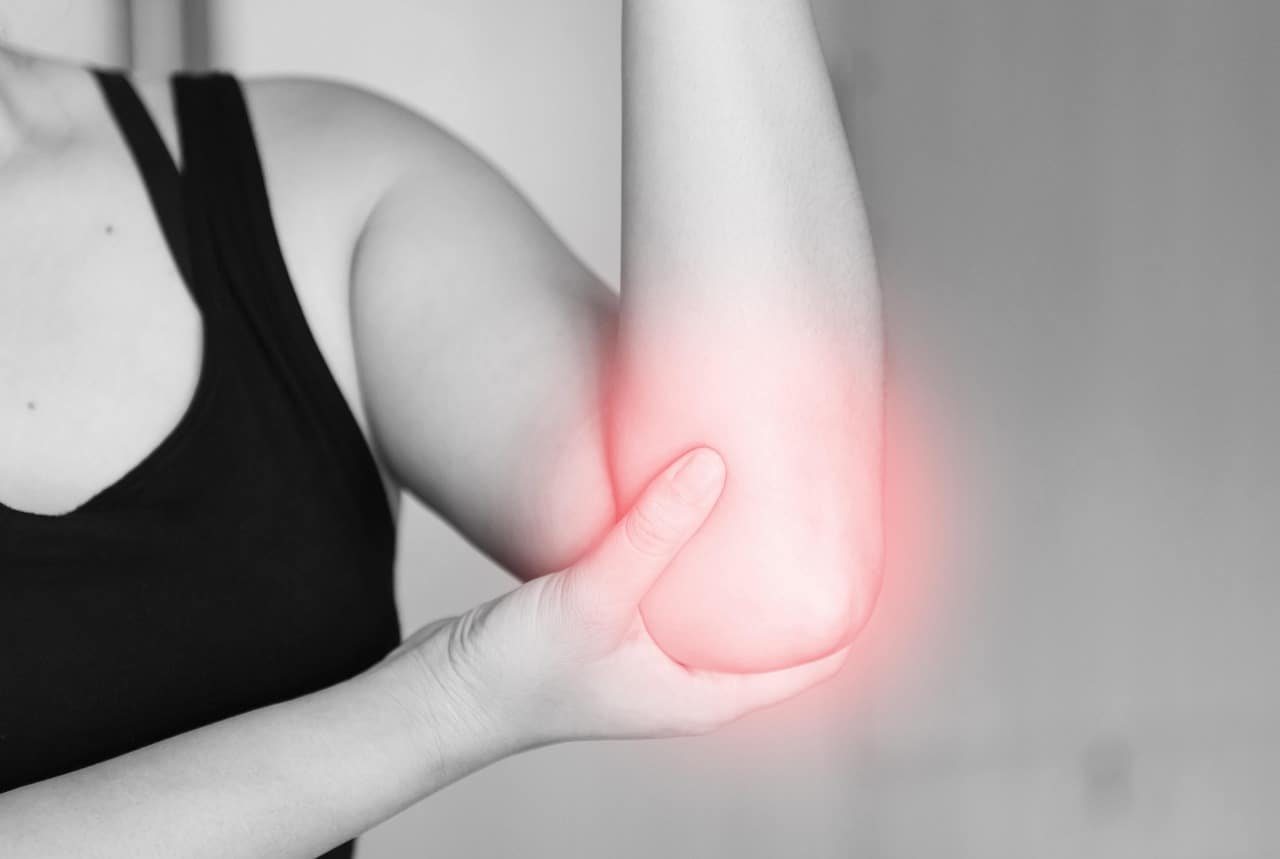It’s not uncommon for alcohol use and depression to show up in the same chapter of someone’s life. You might notice your mood sinking after heavy drinking or find yourself drinking more when the weight of sadness sets in. Either way, it can be hard to untangle the connection, and even harder to know what to do about it.
This post breaks down how alcohol and depression can influence each other, why the relationship isn’t always straightforward, and what signs might suggest you need treatment for both. By understanding the different ways these two conditions can overlap, you’ll be better prepared to take the next step toward lasting recovery.
Why Does Alcohol Cause Depression?
Alcohol can cause depression, but the relationship is a little more complex than a simple cause-and-effect. Not everyone who drinks heavily will develop depression, but heavy, frequent alcohol use raises the risk significantly.
For some people, depression appears during heavy drinking periods and improves with sobriety; for others, it persists and requires separate treatment.
Direct Effects on the Brain
Alcohol is a central nervous system depressant, meaning it slows brain activity. It disrupts the balance of mood-regulating neurotransmitters like serotonin, dopamine, and norepinephrine.
Heavy or prolonged drinking can lower the brain’s baseline levels of these chemicals, especially for those who started drinking when they were underage. This makes it harder to feel pleasure or motivation, which can lead to depression.
Long-Term Changes
Chronic alcohol use can cause:
- Neurochemical depletion – Persistent low levels of serotonin and dopamine.
- Brain structure changes – Alcohol addiction can damage areas like the hippocampus and prefrontal cortex that are important for mood regulation.
- Sleep disruption – Poor sleep quality, which is closely linked to mood disorders.
Indirect Pathways
Alcohol can also cause depression indirectly by:
- Increasing stress through relationship conflict, financial strain, or job loss.
- Contributing to poor physical health and fatigue.
- Leading to social withdrawal and isolation.
Defining the Relationship Between Alcohol and Depression
The connection between alcohol use and depression isn’t a single straight line; it’s a network of overlapping influences. Understanding the different ways they intersect can help clarify why one often worsens the other and why treatment approaches usually need to address both at the same time.
Alcohol as a Risk Factor for Depression
Heavy or prolonged drinking can set the stage for depression by weakening the brain’s resilience to stress, reducing emotional regulation, and lowering overall mental health stability. Even in people without a prior history of depression, this increased vulnerability can make the onset more likely.
Depression as a Driver of Alcohol Use
When someone is already experiencing depression, alcohol can feel like an accessible way to blunt emotional pain or escape difficult thoughts. This can lead to patterns of self-medication that reinforce drinking habits and make it harder to address the root cause.
The Cycle That Fuels Itself
Once depression and alcohol use are both present, they tend to feed into each other. Depressive symptoms can trigger more drinking, while the effects of alcohol (both physical and emotional) deepen those symptoms.
Over time, this creates a cycle (called a bidirectional feedback loop) that becomes harder to break without targeted intervention.
Shared Underlying Causes
Certain factors like chronic stress, trauma history, or genetic predisposition can increase the likelihood of both alcohol abuse and depression. In these cases, neither one directly causes the other, but they emerge together from a shared foundation of vulnerability.
Impact on Recovery Outcomes
When both conditions exist, each can interfere with progress in treating the other. Depression can reduce motivation for sobriety, while ongoing alcohol use can make mental health treatments less effective. This is why integrated treatment approaches often lead to better, longer-lasting outcomes.
Which Comes First: Alcohol Abuse or Depression?
Understanding how these patterns connect naturally leads to the next question many people have: which came first, alcohol abuse or depression? The truth is, the order isn’t always clear, and it can even shift over time.
When Depression Develops After Heavy Drinking
In some people, depression emerges after months or years of frequent alcohol use. This can happen when alcohol changes the brain’s chemistry, disrupts sleep cycles, and adds stressors that weigh on mental health.
In these cases, depressive symptoms may lessen or resolve with sustained sobriety and lifestyle changes. However, professional support can strengthen recovery efforts and lower the risk of relapse by addressing both the drinking and its impact on mental health.
When Drinking Starts Because of Depression
For others, depression is present first. Alcohol becomes a coping mechanism, offering temporary relief from sadness, hopelessness, or emotional numbness. Over time, the body and brain adapt to alcohol use, which can lead to dependence and worsening depression.
When It’s a Combination of Both
Many people fall somewhere in between, with depression and alcohol use feeding into each other in a cycle. Even if one started first, the result is often the same: both issues become intertwined and need to be addressed together for long-term improvement.
How to Tell if You Need Treatment for Both Alcoholism and Depression
If you’re wondering whether quitting drinking alone will lift your depression, or if you’ll need to address depression as its own condition, there are signs that can help you tell the difference.
While only a professional can make a diagnosis, noticing these patterns can help you prepare for the most effective treatment plan.
Your Depression Predates Heavy Drinking
If you experienced ongoing depression before alcohol became a regular part of your life, it’s more likely that you’ll still need treatment for depression even after sobriety. In these cases, alcohol may be making symptoms worse, but it isn’t the root cause.
Your Mood Doesn’t Improve With Sobriety
If you’ve had stretches of sobriety — even just a few weeks — and still felt persistently low, unmotivated, or hopeless, that’s a sign your depression may need its own targeted treatment. Alcohol may have contributed, but it’s not the only factor keeping you stuck.
You Have Ongoing Physical or Mental Health Triggers
Chronic stress, long-term effects of trauma, or certain medical conditions can fuel both depression and alcohol use. If those underlying factors remain triggers after you stop drinking, depression is likely to continue without separate treatment.
You Struggle With Daily Functioning Beyond Drinking Effects
If your depression makes it hard to get out of bed, work, care for yourself, or maintain relationships, even during periods without alcohol, it points to a need for direct depression care alongside recovery support.
Treating Alcoholism and Depression Together
When alcoholism and depression occur at the same time, it’s called a co-occurring disorder, also known as a dual diagnosis. A dual diagnosis needs an integrated approach because treating one condition without the other often leads to relapse or lingering symptoms.
Integrated care addresses both the alcohol dependence and the mental health challenges that may have fueled it or developed alongside it. Here’s what that can look like:
Medical Detox and Stabilization
If you’ve been drinking heavily, the first step may be a medically supervised detox. This ensures withdrawal is managed safely and gives your body a chance to stabilize before mental health treatment begins.
Therapy That Targets Both Conditions
Approaches like Cognitive Behavioral Therapy (CBT) or Dialectical Behavior Therapy (DBT) can help you understand the link between your thoughts, emotions, and drinking patterns. These methods teach coping strategies that work for both depression and cravings.
Medication When Appropriate
Antidepressants, anti-craving medications, or both may be recommended. These can help balance brain chemistry while you build healthy habits and routines.
Building a Support Network
Whether it’s group therapy, recovery meetings, or close family and friends, ongoing support can make it easier to stay sober and keep depression in check. The goal is to have people in your corner who understand both challenges.
Long-Term Relapse Prevention
Integrated aftercare programs focus on stress management, lifestyle changes, and healthy coping strategies so you can maintain progress and avoid falling back into old patterns.
Overcome Alcoholism and Depression With Real Support
At Northpoint Recovery, we know how deeply alcoholism and depression can affect every part of life, and how challenging it can be to face both at once. We offer alcohol addiction and dual diagnosis treatment programs that address the physical, mental, and emotional sides of recovery.
Whether you’re reaching out for yourself or someone you care about, we’re here to provide understanding, guidance, and a clear path forward. Contact us today to learn how we can help you take the next step.


